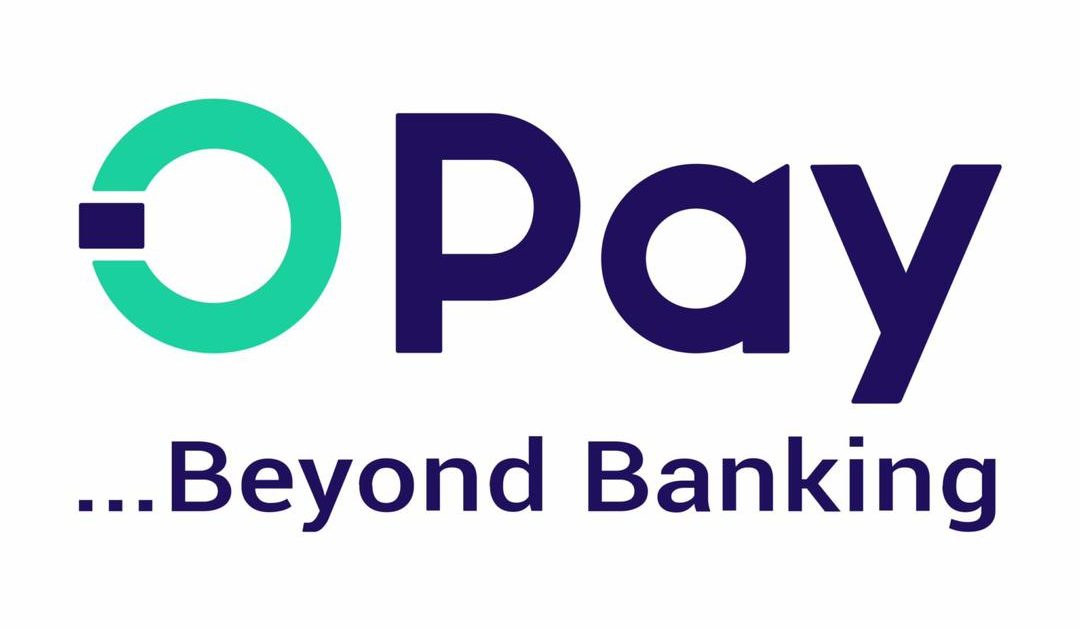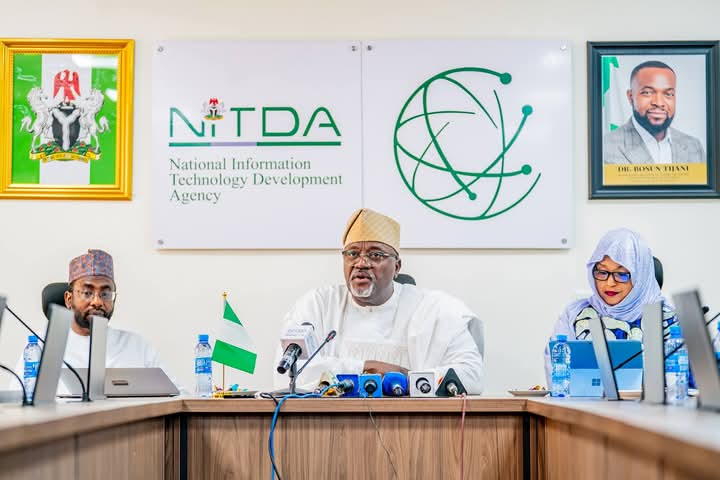According to the African Development Bank (AfDB), $100 million has been allocated for the Nigerian Youth Entrepreneurship Investment Bank’s formation.
Dr. Akinwumi Adesina, President and Chairman of the AfDB Board of Directors, made the disclosure during the 14th Convocation Lecture at the National Open University of Nigeria (NOUN) in Abuja on Friday, themed “Advancing Africa’s Positioning within Global Development and Geographical Dynamics.”
Initiative to offer business development services
According to Adesina, the action was taken to financially liberate Nigerian youth and offer business development services, technical help, equity, quasi-equity, and debt finance for young people’s companies throughout Africa.
The AfDB’s president noted that the solution to unemployment lies in entrepreneurship. Africa is currently seeing a boom in entrepreneurship, with 22% of its working-age population launching their own company—the highest percentage globally, according to the Global Entrepreneurship Monitor, 2020.
He underlined that the industries of technology, retail, services, and agriculture are the main areas of entrepreneurship concentration.
For creative young African entrepreneurs, the future is extremely promising. This is fueled by the digital economy’s explosive growth, which is expected to boost Africa’s GDP by $180 billion and $712 billion by 2050.
He further emphasised, “Africa’s startup ecosystem is taking advantage of the digital economy with more than 600 active startup hubs on the continent.”
“Nigeria, Kenya, South Africa, and Egypt have become centres of tech innovations, driven by youth entrepreneurs in health tech, Agric-tech and e-commerce,” he said.
Addressing Africa’s problems with AfDB’s strong financial development strategy
Adesina claims that because the global financial system has failed to adequately handle Africa’s problems, the AfDB put together a strong financial development strategy for the continent.
Concerns about debt, climate change, and access to more funding were among the difficulties mentioned by Adesina.
Additionally, the AfDB and its partners approved $614 million for the Investment in Digital and Creative Enterprises program, which aims to create over six million jobs and contribute $6.4 billion to the Nigerian economy by supporting small and medium-sized businesses in the creative and digital industries in obtaining financing.
The program is part of a strong strategic partnership that includes the AfDB, the Agence Francaise de Developpment, the Islamic Development Bank, and the Bank of Industry.
Educational challenges facing African youths
Despite the progress over time, the bulk of Africa’s youth continue to trail behind in their educational attainment, according to the AfDB.
For comparison’s sake, he noted that in Japan, 98.9 percent of young people have completed secondary school, whereas only 43 percent of young people in Africa have done so.
In terms of higher education, the disparity is glaring: barely 10 percent of African youth are enrolled in higher education, compared to 60% of Japanese young people.
African youth have a lower enrollment rate in globally dominant educational sectors among those seeking higher education.
“While 30 percent of Japanese youth in universities pursue science, technology, engineering, and mathematics, less than 25 percent of students in sub-Saharan Africa are in these fields,” he emphasised.
“This puts Africa behind in terms of its preparedness for the fourth industrial revolution, especially in fields such as artificial intelligence, robotics, automation, and cloud computing, which are revolutionizing the world,” Adesina added.
AfDB collaborates with AU to address the challenges
In order to address the education gap, he said the bank was already collaborating with the African Union to create a $300 million African Education, Science, and Technology Innovation Fund.
“Africa is the only economy in the world without a buffer in case of emergency,” Adesina bemoaned, and encouraged its leaders to support technological advancement, encourage the development of natural resources, and make significant investments in energy.
Former INEC Chairman commends AfDB’s President
Prof. Attahiru Jega, a former INEC Chairman and the event’s chairman, had earlier claimed that Adesina has given Africans the confidence to comprehend the work that has been done to realign the continent.
Jega valued the part the AfDB had played in making sure Africa pursued the course of self-sustaining growth and realised its full potential.
He referred to Adesina as Nigeria’s ambassador to the world since everything he said in his talk alluded to initiatives to guarantee Africa’s independence and follow a path of its own growth.
According to NOUN Vice Chancellor Prof. Olufemi Peters, the convention lecturer this year was specifically selected so that Nigerians might benefit from his development experience.
According to Peters, Adesina’s experience had brought him numerous worldwide honours, which is why the institution chose to offer him an honorary doctorate in Doctor of Humane Letters.









